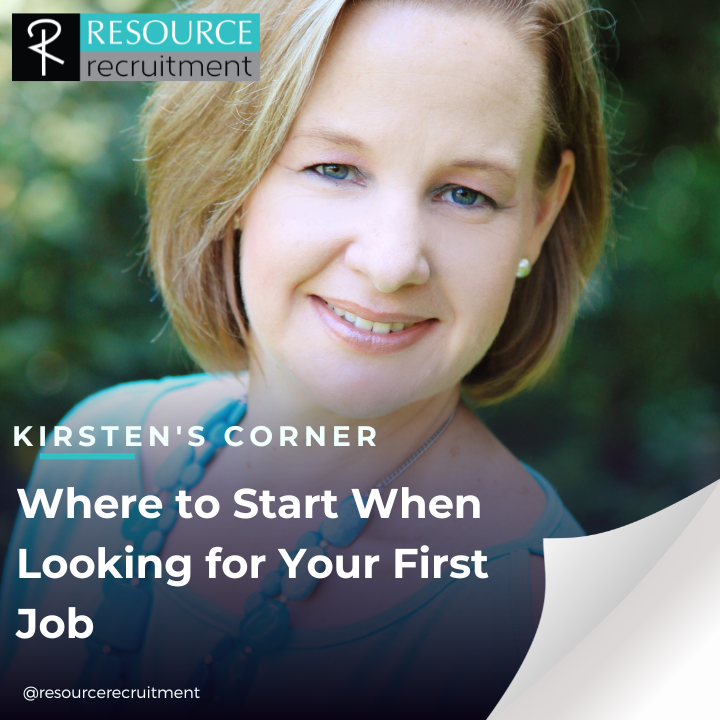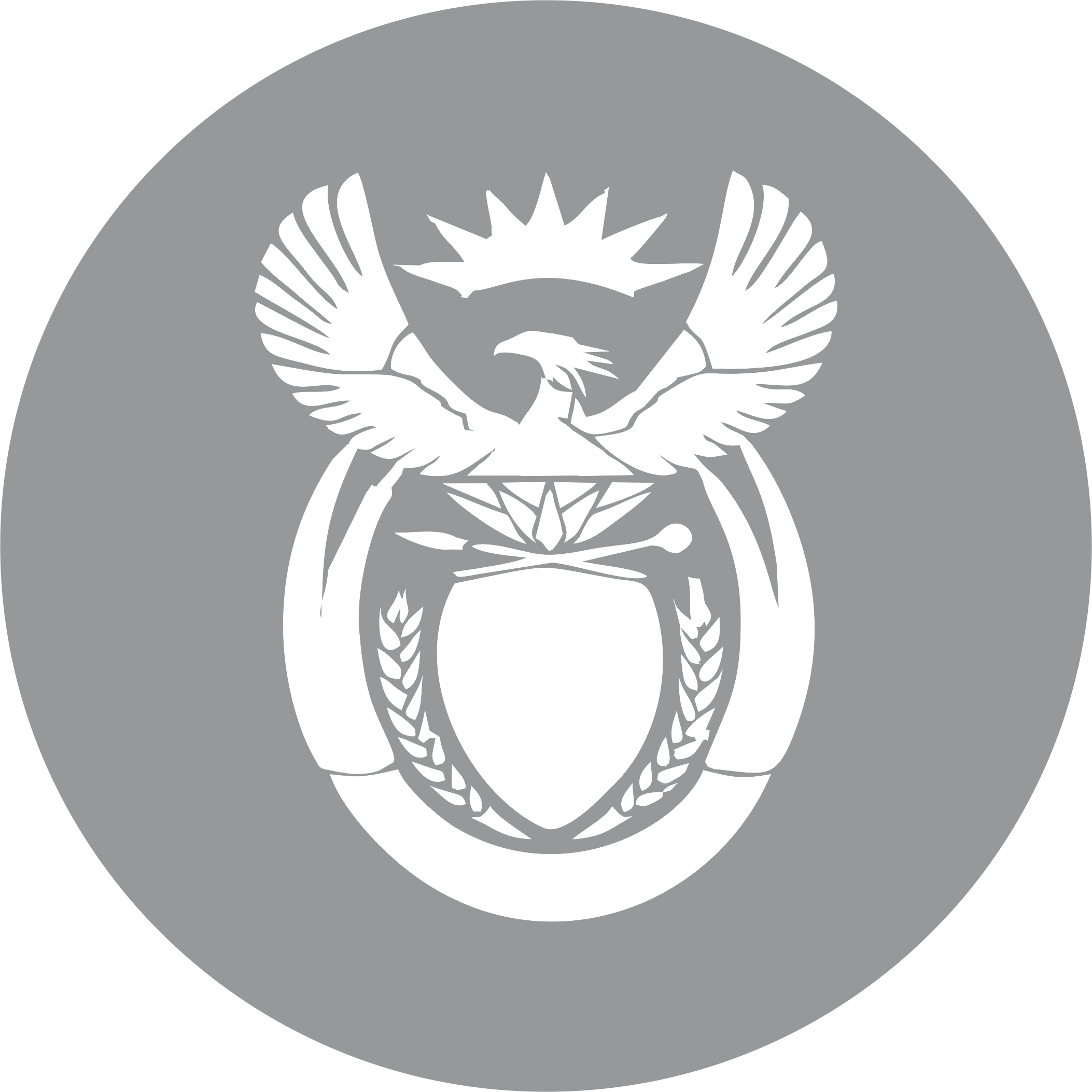
05 Feb Where to Start When Looking for Your First Job: A Beginner’s Guide
Where to Start When Looking for Your First Job:
A Beginner’s Guide
Entering the job market for the first time can feel overwhelming. Whether you’re fresh out of school, recently graduated, or simply transitioning into a new career, knowing where to start your job search is key to securing your first position. But don’t worry, you’re not alone! In this guide, we’ll break down the essential steps to help you navigate the often daunting job hunt with confidence.
-
Assess Your Skills and Interests
Before diving into job listings, it’s crucial to take a step back and assess your skills, interests, and what you want from your first job. Do you enjoy working with people? Are you passionate about technology, design, or writing? By reflecting on what excites and motivates you, you can tailor your job search to positions that align with your strengths and passions.
Tips:
- Make a list of your soft skills (communication, teamwork, problem-solving) and hard skills (technical expertise, certifications).
- Look at the subjects that you enjoyed at school/ while studying. Often the areas that you enjoyed, were also the areas that you were good at. Then ask yourself what it was about those subjects that appealed to you.
- Keep an open mind, and don’t knock it ‘til you’ve tried it! The most common thing that I hear from school leavers is that they don’t want a desk job. Most desk jobs are not like school- you don’t sit there quietly and only get up when its time for a break. A lot of desk jobs are really exciting, and creative with a lot of collaboration with other people.
-
Create a Strong Resume
Your resume is your first impression to potential employers, so it needs to stand out. If you don’t have much professional experience, don’t worry—there are still ways to showcase your skills.
Tips:
- Highlight transferable skills: Even if you haven’t worked in a formal job, you likely have transferable skills from volunteering, school projects, or part-time work. Include topics for final year projects and research, and if you are applying for a graphics related position, include your portfolio.
- Use a clean, easy-to-read format: Employers spend very little time looking at each resume, so make sure yours is clear, concise, and well-organized.
- Tailor it to each job: Customize your resume to match the skills and qualifications listed in the job description. (You should not have the same CV for your Au Pair applications, and your receptionist applications.)
- Include a strong summary or objective: Let employers know what you’re looking for and what you can bring to the table.
-
Build Your LinkedIn Profile
If you are new to looking for a job, then it’s likely that you have never really considered LinkedIn. LinkedIn is one of the best platforms for building a professional network and showcasing your resume. If you don’t already have a LinkedIn profile, it’s time to create one!
Tips:
- Complete your profile: Fill in your education, skills, and work experiences. Add a professional photo, smiling and looking at the camera. (No sunglasses, peak caps or sports equipment/ helmets!)
- Showcase your achievements: Include any academic achievements, certifications, volunteer experiences, or projects.
- Engage with your network: Follow companies, comment on posts, and connect with professionals in your industry.
- Check your profile. It’s pointless having a profile unless you are going to check in to see if anyone has reached out!
(It’s also worth mentioning that there are lots of free courses on LinkedIn!)
-
Start Researching Employers and Job Listings
Once you’ve honed your resume and LinkedIn profile, it’s time to start actively looking for opportunities. Begin researching companies that align with your interests and values. Check their career pages, and explore job search websites for entry-level positions.
Popular Job Search Platforms:
- PNet
- Careers24
- Career Junction
- Local Facebook Community Groups, and Facebook Jobs Groups
Tips:
- Set up job alerts: Many job search sites allow you to create alerts for positions that match your interests and qualifications.
- Use keywords: When searching for jobs, use specific terms related to your field, such as “entry-level marketing,” “junior developer,” or “administrative assistant.”
- Complete Registration Forms: It can be time-consuming re-capturing your details onto various portals- but it’s worth the effort. These fields are what prospective employers will search when looking for staff. Also attach your most detailed CV, because this will be searched for keywords.
-
Apply to Multiple Jobs
Looking for a job is a stats game. The more CV’s you send, the greater the chance of securing an interview. The more interviews you attend, the more job offers you receive. However, quality over quantity is key. Don’t blindly send your CV for every vacancy. You will soon become demotivated when you are not shortlisted (even though you don’t have the skills), and will lose credibility with recruiters.
Tips:
- State what vacancy you are applying for. If you don’t, they may assume you are sending your CV in general, and it wont be considered for the vacancy you intended it for.
- Follow up: Make a note of the jobs that you apply for, the email address, and the deadline, and follow up asking for feedback on your application.
-
Network, Network, Network
Networking is one of the most powerful tools when searching for your first job. Whether through LinkedIn, Social Media Groups, connecting with professionals in your desired field, or with your parents friends, or the parents of your friends.
Tips:
- Join professional groups: Engage in groups related to your field of interest on LinkedIn or Facebook.
- Reach out to people in your network: Even if you don’t have direct connections, you can often find mutual connections who are willing to offer advice or referrals.
-
Prepare for Interviews
Once you start getting interview invitations, it’s time to prepare. A great interview can make the difference between landing your first job and missing out.
Tips:
- Accept the Interview. If someone has looked at your CV and thinks that you could be a suitable applicant, go to the interview and find out why. There is so much to be learned from attending interviews, and it’s a great way to network with recruiters.
- Research the company: Before the interview, understand its products, services, and culture.
- Practice common interview questions: Be ready to talk about your skills, why you want the job, and how you handle challenges.
- Dress appropriately: Even if the company has a casual dress code, it’s always better to overdress than underdress for an interview.
-
Stay Positive and Be Patient
The job search process can take time, and rejections are part of the journey. Stay patient and keep a positive attitude. Every interview is an opportunity to learn and improve for the next one.
Tips:
- Don’t get discouraged: Rejection is a part of the process, but each step brings you closer to your goal.
- Ask for Feedback: If you know why you are not successful (for jobs that you felt you were suitable for), it is empowering. You can answer questions better, improve skills or possibly add missing information to your CV.
Looking for your first job can feel like a daunting challenge, but with the right approach and mindset, it’s entirely achievable. By assessing your skills, building a standout resume, networking, and staying patient, you’ll increase your chances of landing a role that sets you on the path to a fulfilling career. Stay focused, be proactive, and most importantly—believe in yourself!



